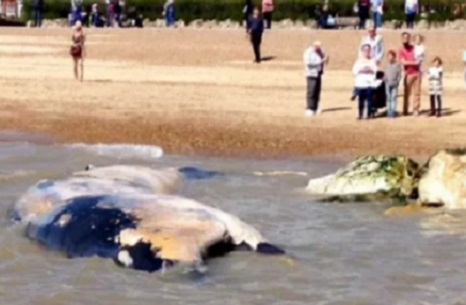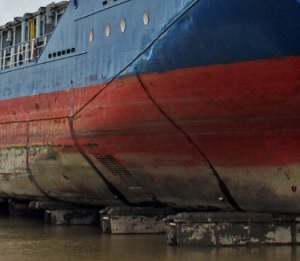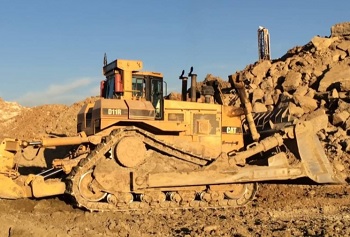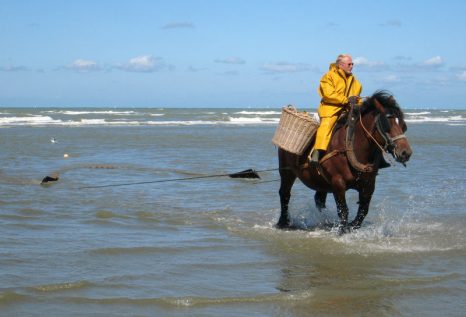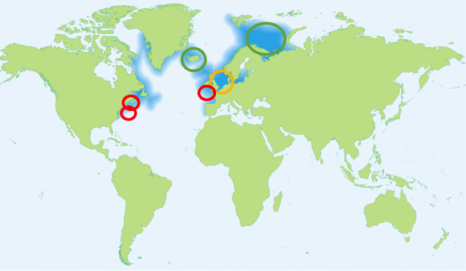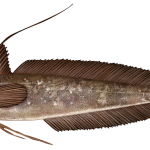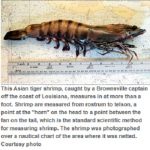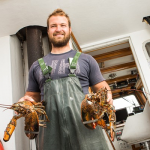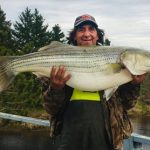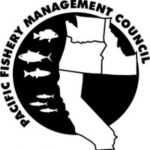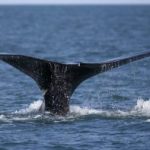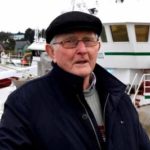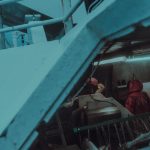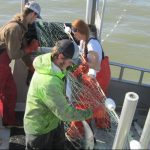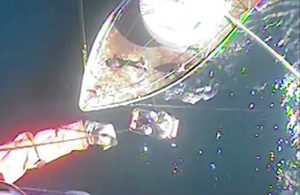Tag Archives: North Sea
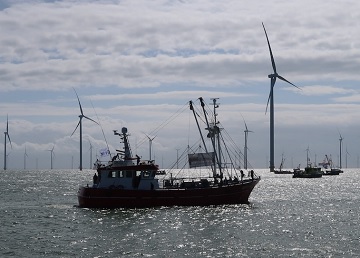
Due to current expansion, the Dutch fleet faces loss of fishing grounds to offshore wind farms
The number of windmills in Dutch waters is set to increase rapidly, not only in the North Sea, but also in the fresh waters of the IJsselmeer where a fleet of small fishing boats catches eel, perch, pike perch and roach. In a demonstration of their anger and frustration, last month fishermen took their protests against the energy sector to a gathering off the coast along Breezanddijk. This is a remote location in the middle of the huge Afsluitdijk, but close to a huge wind mill park. About sixty fishing vessels gathered for the demonstration. Wind farms have been taking over productive fishing grounds for several years now,,, photo’s, >click to read< 12:55
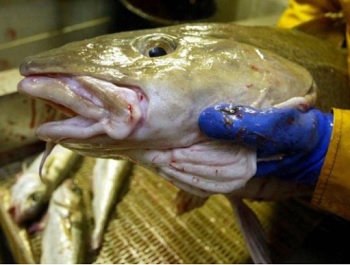
Cod outnumber rats and mice in the UK – Ministers urged to ignore ‘nonsense’ talk on North Sea cod
It comes after an influential body of marine scientists recommended a 10.3% cut in annual quota for the species – a staple of fish suppers in many parts of the UK, although haddock tends to be the preferred choice of consumers in Scotland. But the same scientists at the International Council for the Exploration of the Sea (Ices) have also admitted that doubling the quota would mean an increase of 24% in the size of the stock by 2023. And Ices’ own figures suggest there are now around 285 million cod in the North Sea, up from 180m in 2018. SFA executive officer Simon Collins said: “There are many more North Sea cod than there are rats and mice in the UK, and almost four times more than the most common land mammal, the field vole. “And yet green NGOs (non-governmental organisations) constantly go around describing cod as ‘threatened’ or ‘endangered’ or at risk of ‘extinction’. “They should be ashamed of themselves for peddling such nonsense.” >click to read< 09:48
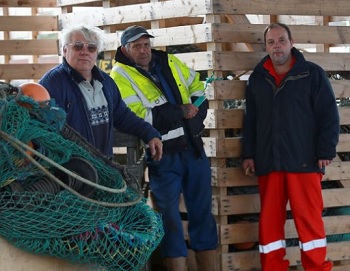
Bankruptcy fears after fishermen lose prawn fishing grounds so cable can be laid in North Sea
North East fishermen say they will be left “bankrupt” after losing their prawn fishing grounds to a cable being laid across the North Sea. The Havhingston fibre optic telecommunications cable, which will span 940km in total, will cross the sea between Denmark and Seaton Sluice. “It’s taking away our fishing grounds, we’ve got no say in it, and there’s no compensation package in place. >click to read< 11:14
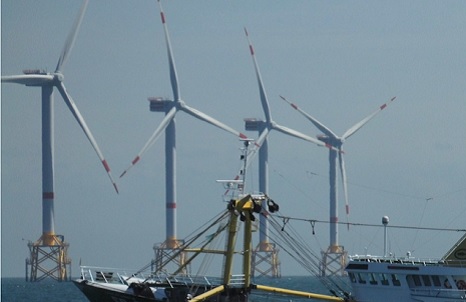
The North Sea industrial estate
In order to reduce CO2 emissions The Netherlands put a lot of money into an energy transition by building a vast windmill park at sea. Dutch fishermen have serious concerns. Their fear is that the North Sea will become an industrial estate while fishermen will lose fishing grounds and space. So far, many windmill parks have already been placed in locations that had been prime fishing grounds for beam trawlers, flyshooters and whitefish trawlers from fishing ports in the south-west of Holland. photo’s, more, by Willem den Heijer >click to read< 16:40
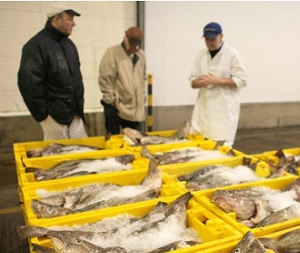
British fishing industry left unhappy by ‘difficult’ 50% cut to North Sea cod quota
Fishers say cod is moving northward due to warming waters, but the EU hasn’t taken this into account. The British fishing industry has criticised an agreement between Norway and the EU that will see the North Sea cod quota in 2020 cut by a half.,, “We think it’s warming waters and climate change. The general feeling on the ground is the cod is going north. What you’re seeing is an abundance of hake. “We’re switching to hake to make ends meet, but we can’t take too much because traditionally the fish has been around France and Spain, so they have the quota. >click to read< 18:26
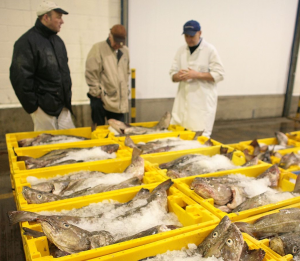
North Sea cod loses Marine Stewardship Council label as population halves in just two years
North Sea cod, a staple for the UK’s fishing industry, has lost its sustainable status, after stocks were found to have almost halved in the last two years. Cod caught around the UK received the “blue tick” sustainability label in 2017, when stocks of the fish were put at around 152,207 tonnes – its highest level since 1982. However, new advice from the International Council for the Exploration of the Sea (ICES) puts the stocks at only 81,224 tonnes – more than 100 tonnes less than predicted. >click to read< 16:51

Offshore wind topic blows back onto Ocean City agenda
Offshore wind farms near Ocean City’s coast will again come up for discussion at Monday’s Town Council meeting. Meghan Lapp, a fisheries liaison for Seabreeze Seafreeze Ltd. in Rhode Island, will outline concerns with how wind farms may affect commercial fishing, according to the agenda document. The presentation will also feature local fisherman George Topping. The addition of wind farms could restrict fishing areas, according to the presentation outline in the agenda documents. Deepwater Wind and US Wind received approval in 2017 to construct two wind turbine projects off of Ocean City. >click to read<09:56
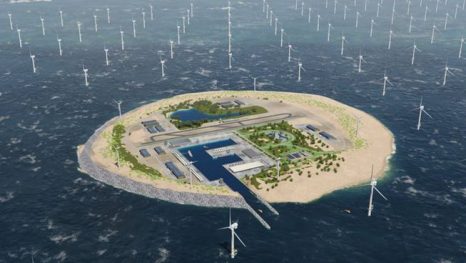
‘Industrialisation of the sea must end’
A fisherman has backed a protest calling for the end to the environmental destruction of our seas. Leigh fisherman Paul Gilson spoke out after protests were staged in Amsterdam against the European discard ban. The ban has resulted in fish going to landfill rather than being thrown back into the sea. Fishermen also protested over the growing numbers of windfarms springing up in the North Sea. Hundreds of fishermen from Holland and Belgium this week protested about the loss of fishing grounds due to the impact of the windfarms and the EU’s discard ban. >click to read<18:27
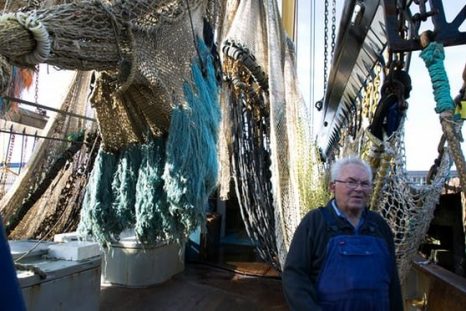
Dutch fishermen to sail fleet into Amsterdam in wind turbine protest
The Netherlands may be the land of the windmill, but fishermen are planning a major protest on Saturday against the Dutch government’s latest wind turbine construction in the North Sea, with an armada of fishing boats sailing into Amsterdam. After alighting from at least 15 boats at the back of Amsterdam’s central station, it is understood that hundreds of fishermen will march to the capital’s Damrak canal, where they will upend bags of small fish deemed too small for sale by the EU, and cover them with red dye. Fishing community leaders say they are being crowded out of their waters and that the towering turbines damage fish stocks and deafen and displace the local porpoise populations. >click to read<13:33
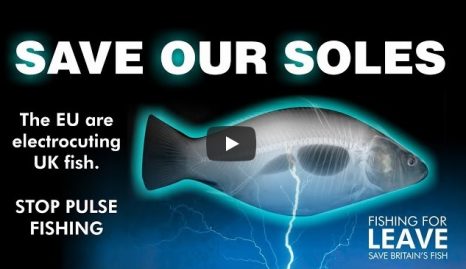
EU Trawlers Step Up ‘Pulse’ Fishing Efforts, Devastating British Fisheries Ahead of Brexit
European Union trawlers have been stepping up illegal ‘pulse fishing’ in British waters under a special EU derogation, inflicting “total devastation” on the North Sea. The controversial method of sees fishing vessels — mostly Dutch trawlers — drag electrodes across the seabed to zap sole and plaice off the floor. It is officially banned, but the European Commission — which controls the fisheries of EU member-states through the Common Fisheries Policy (CFP) — granted a special derogation for it to be carried out on an “experimental” basis in British fishing grounds in the North Sea. >Video, click here to read< 12:45

Dutch propose world’s biggest offshore farm, with a man-made island in the North Sea
When envisioning an offshore wind farm that includes a 2.3-square-mile artificial island, it doesn’t hurt that the country behind it is exceptionally skilled at two things: reclaiming land from the sea and harnessing the power of the wind. These uniquely Dutch strengths are driving an ambitious wind power and island-building project in the North Sea. If and when it’s completed, this 30-gigawatt wind farm would be by far the largest in the world at 2,300 square miles. The farm’s proposed size and capacity, which Quartz notes is roughly eight times the size of New York City,,, click here to read the story 13:25
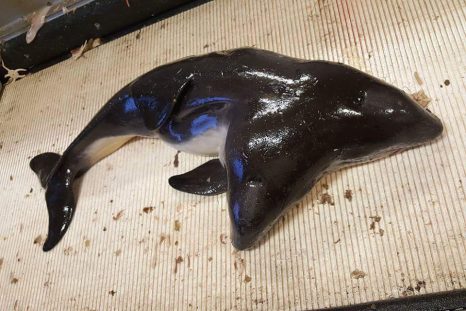
Dutch Fishermen catch rare two-headed porpoise
A fishing vessel in the North Sea between the UK, the Netherlands, and Scandinavia found quite the catch last month: the first-ever documented two-headed harbor porpoise. The dead conjoined porpoise twins were caught up in the GO9 Onderneming fishing vessel’s trawl net on May 30, according to the Natural History Museum of Rotterdam’s journal Deinsea. The Dutch museum said the ship’s workers were “astonished” to find that the animal had what appeared to be two heads. They took pictures and then threw it overboard. The crew thought it would be illegal to keep the dead porpoise, so the actual specimen is now lost to the ocean. click here to read the story 16:22
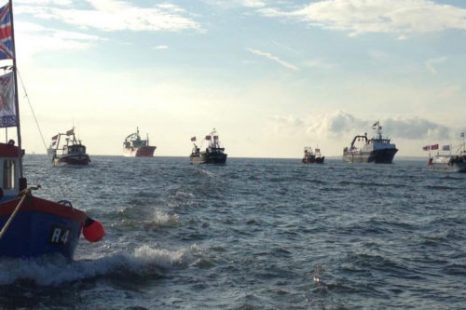
Medieval Histories – Medieval Cod Wars 1415 – 2017
In the 15th-century long-distance fishing appeared as one of the first global industries. Then – as now – huge political and economic interests were at stake; often leading to war. Medieval fishing in the North Sea has for a long time been an important topic for a group of historians, archaeologists and scientists led by J. H. Barrett, Reader in Medieval Archaeology at the University of Cambridge. Being an archaeologist, this has resulted in significant accumulation of valuable knowledge as to how and when the fishing trade in Northern Europe exploded; and how it successively played out. (this is an interesting read, Fast forward) And so it went for centuries with more than ten officially registered “cod wars”. According to the received history, the last two of these began immediately after WW2, when Iceland gained its independence from Denmark.,, Cod Wars Post Brexit,,, click here to read the story 19:19
Wind farms are making the North Sea one of the world’s most overcrowded bodies of water
 The report noted that the installation of cables, pipelines, and other energy-related structures can impact marine life. Dolphins, it said, “can be seriously affected by the noise of pile driving new structures into the seabed.” Ships have to navigate around turbines and oil platforms. Cables can present problems for fishermen. And the precious waters already are becoming degraded. The report cites a study in which 98% of Norwegian seabirds were found to have plastic particles in their stomachs. Read the rest here 11:54
The report noted that the installation of cables, pipelines, and other energy-related structures can impact marine life. Dolphins, it said, “can be seriously affected by the noise of pile driving new structures into the seabed.” Ships have to navigate around turbines and oil platforms. Cables can present problems for fishermen. And the precious waters already are becoming degraded. The report cites a study in which 98% of Norwegian seabirds were found to have plastic particles in their stomachs. Read the rest here 11:54






